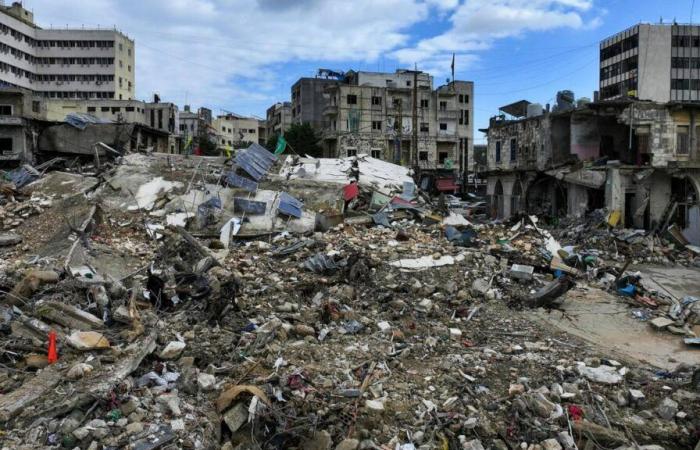The “land of Islam”
After the Second World War, dozens of nations, including Israel, were born in the great movement of decolonization and independence of peoples. These new states were all recognized and admitted to the UN. Among them, Israel is subject to different treatment: since its creation in 1948, its existence has been contested by Arab-Muslim countries who refuse any sharing of territory, which poisons the atmosphere to this day. It is less the absence of a State of Palestine than the “unbearable” presence of Israel in the Middle East that disturbs some, with their claim from another age to an exclusive religious monopoly on a “land of Islam “.
The first step towards appeasement is respect for the rights of minorities and the abandonment of any hegemonic pretension. Israel, rich in its thousand-year-old history, forms without the slightest doubt a part of the Middle East.
Who is Israel fighting against?
The Palestinian cause is exploited today by a heterogeneous coalition whose glue is hatred of Israel and the West. An asymmetrical conflict pits a rule of law, Israel, against the Hamas, Hezbollah and Houthi terrorist movements, more or less supported by the “official” states which host them – the Palestinian Authority, Lebanon and Yemen – and strongly supported by the Iran of the mullahs which supplies them with weapons and advisers. Neither the Palestinian Authority, nor the Lebanese government, nor Yemen want to assume co-responsibility for the attacks launched on Israeli territory. Hamas and Hezbollah amass weapons in their tunnels while cynically leaving their civilian populations exposed to inevitable Israeli reprisals. They are banking on the humanitarian sensitivity of Western countries to repair their damage.
A second step consists of better defining the issues of the confrontation: what does each stakeholder want? What is his interest? How, for example, can we understand Iranian support for terrorism or the involvement of the Houthis? We must put Palestine back at the center of reflection and clarify the agenda of each party.
The State of Palestine
Palestinian and pro-Palestinian circles accommodate themselves to a questionable dialectic invoking, depending on the circumstances, political action or armed action. However, the creation of a Palestinian State alongside the State of Israel is incompatible with the pursuit of terrorist activities: Israel will never accept an arrangement which keeps the option of terrorism at its doors (and those of Europe!). On October 7, 2023, the pogrom committed by Hamas on the Israeli civilian population pushed back any settlement for several years. The sad spectacle of UNRWA does not argue in favor of the role of the UN.
The third step requires renouncing violence. There will be no salvation without the terrorist groups dedicated to the elimination of the State of Israel being permanently put out of harm’s way.
Planetary geostrategy
Several foreign powers see an advantage in letting the Palestinian question fester. This promotes tensions in many areas far from this issue: penetration of China, influences of Russia and the United States, roles of Iran and Turkey in the Arab world, maintenance of oil monarchies, latent conflict in the North -South, etc. This delays progress towards solving regional problems.
In the fourth step, each stakeholder will have to distinguish the Palestinian question from its own global strategy and offer a way out. Thus, relieved of its foreign burdens, the conflict will perhaps find its solution.
Summary bias and misinformation do not improve the plight of victims: they delay the resolution of problems.






